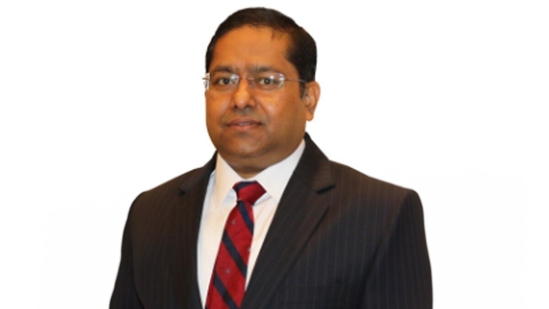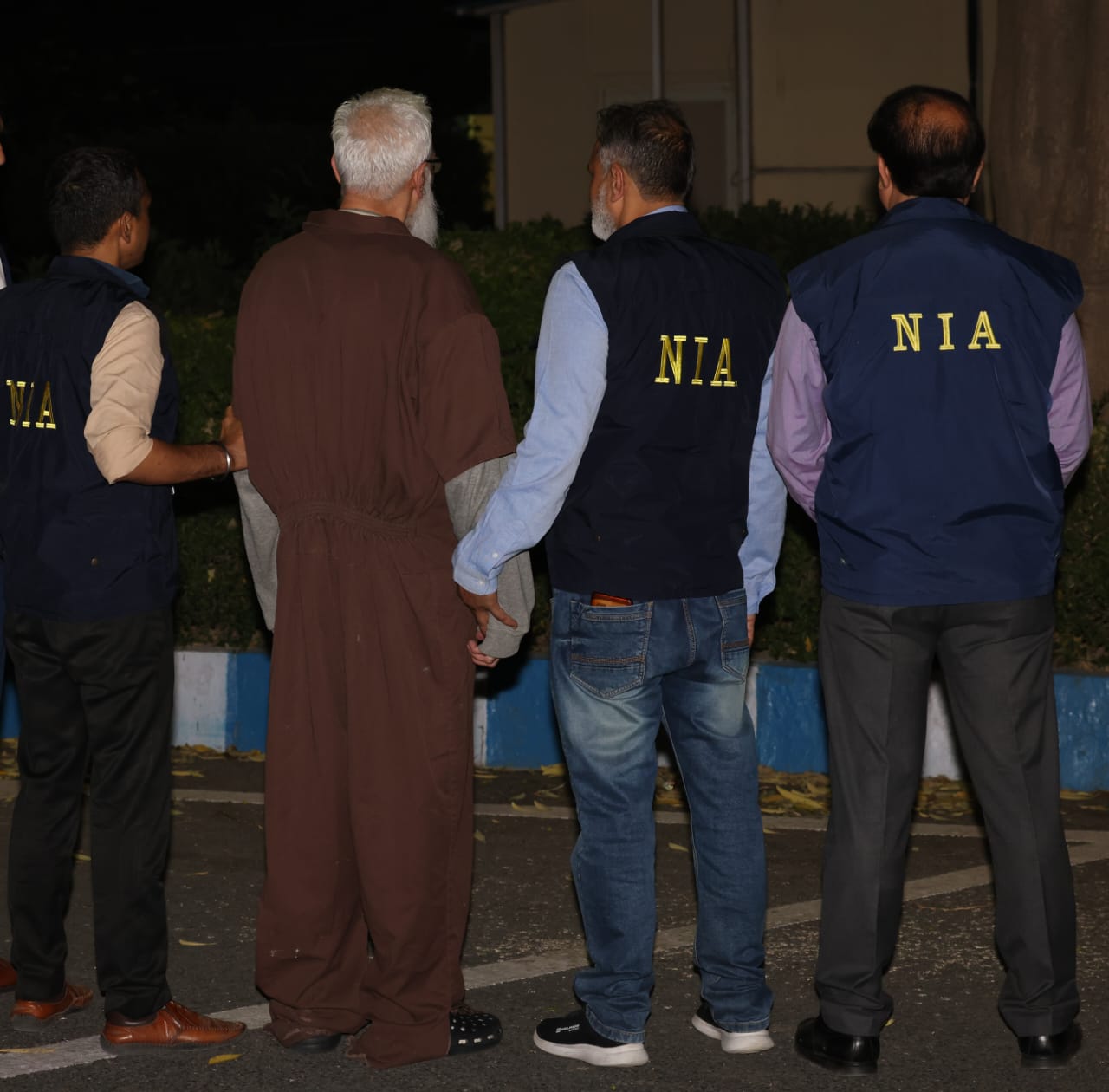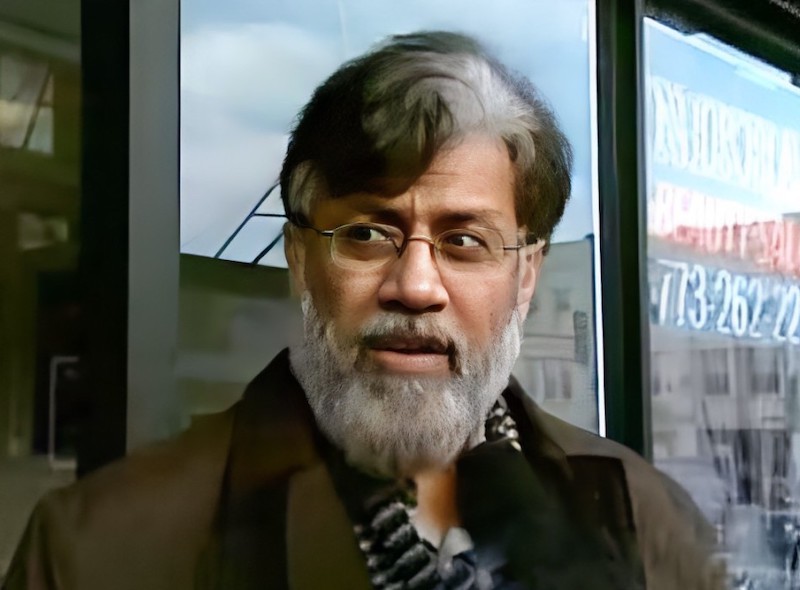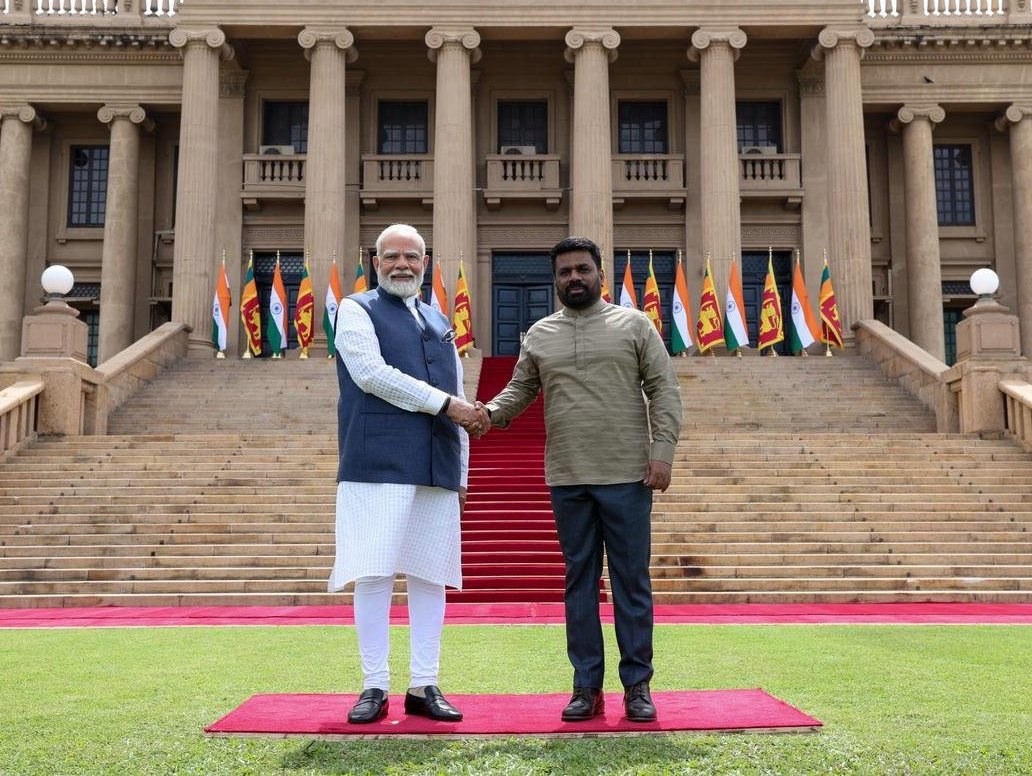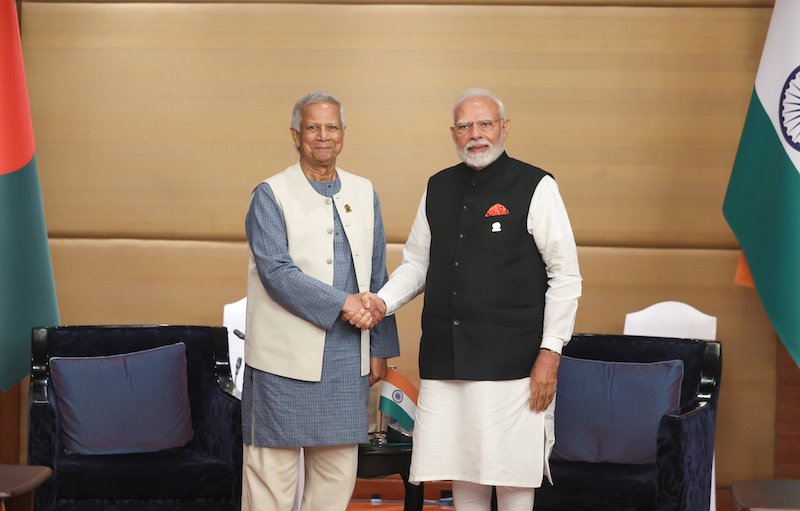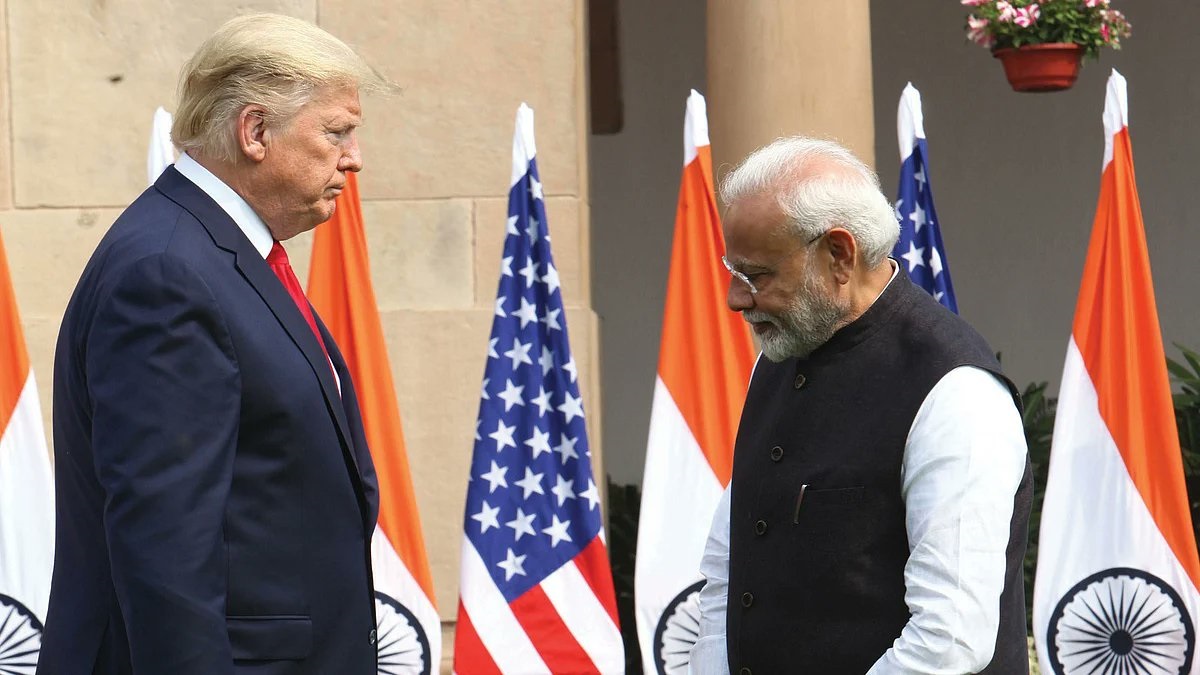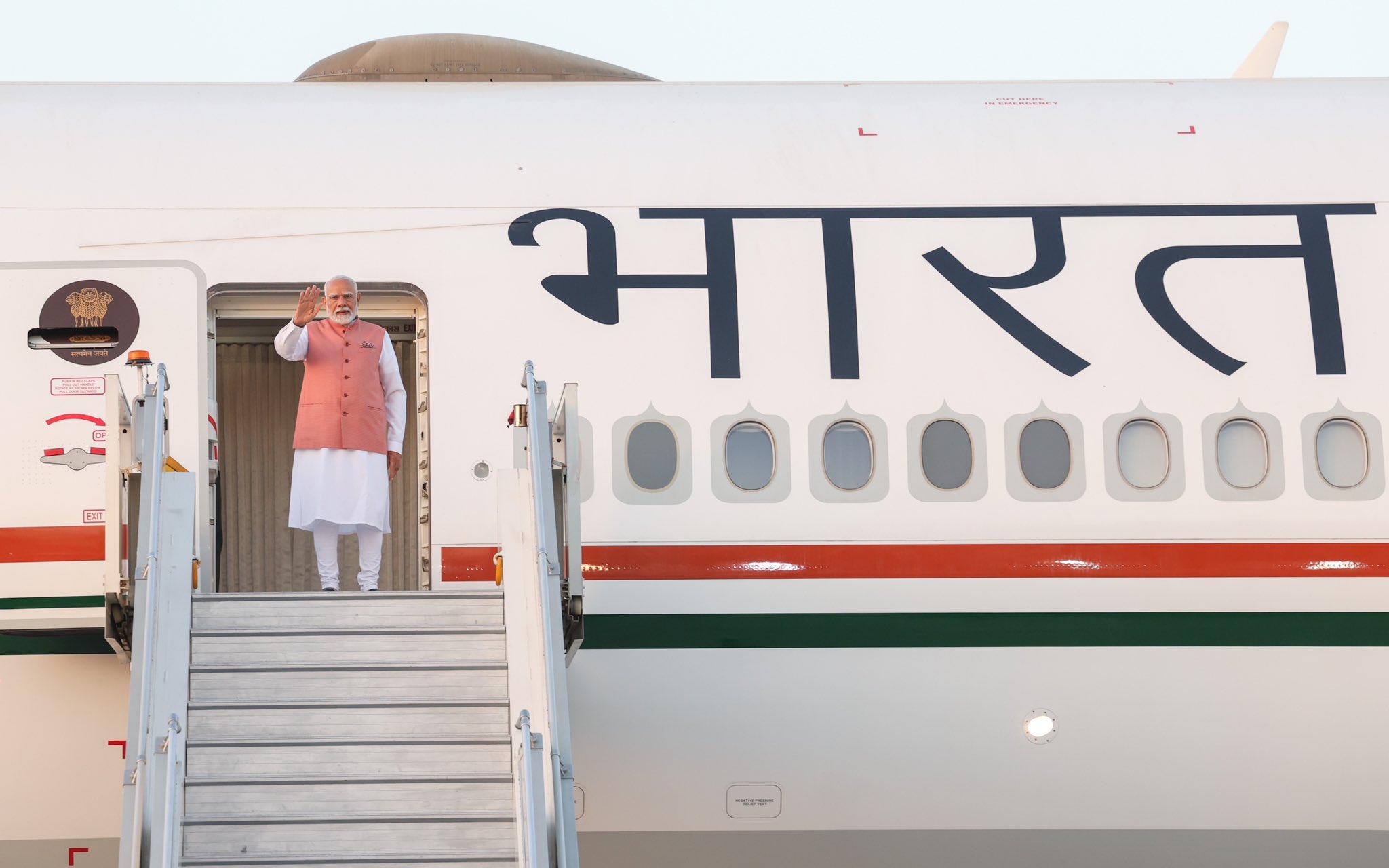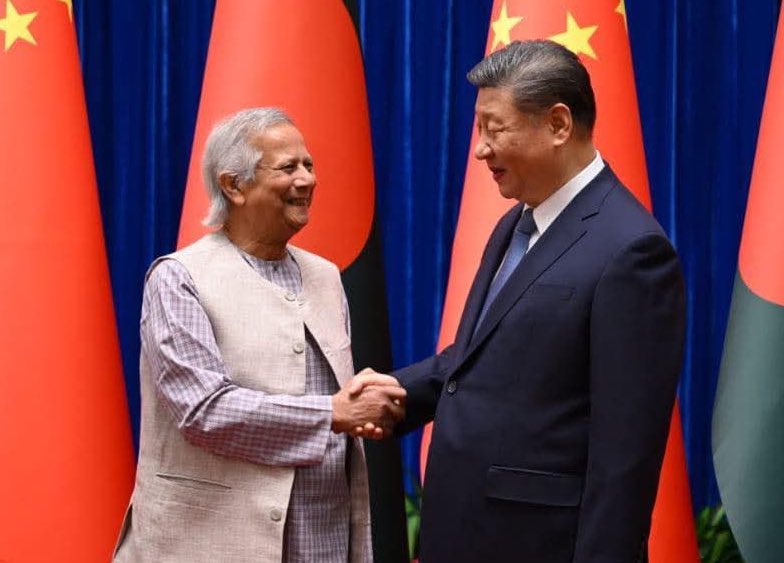
New Delhi: In the backdrop of coronavirus pandemic across the globe, select countries of the Indo-Pacific on Thursday underlined the need for a new template of globalization and for international institutions to reflect contemporary realities.
“There was shared interest in carrying forward engagement on medium-term planning for safe and sustained economic recovery and growth in the national economies; resilience and redundancies in vital supply chains building on mutual complementarities; and for speedy development and dissemination of vaccines and therapeutics, which would contribute to a peaceful and prosperous Indo-Pacific region and benefit the world at large,” the Ministry of External Affairs said in a statement.
Since March 20, Foreign Secretary Harsh Vardhan Shringla has been engaging with his counterparts from the United States, Australia, Japan, the Republic of Korea, New Zealand, and Vietnam in weekly telephonic conversations to share ideas and best practices among these countries in the Indo-Pacific region for responding to the unique and complex challenges presented by the COVID-19 pandemic.
This practice of weekly teleconversations was initiated by US Deputy Secretary of State Stephen Biegun.
The discussions have helped shape informed and coordinated responses to the evacuation of stranded nationals from each other’s territories; maintenance of critical supplies of life-saving medicines and protective health equipment; extension and facilitation of visas for each other’s nationals caught in circumstances beyond their control among others.
Besides, it also helped in identification of and support to countries affected by the pandemic and coordinated response and assistance in the immediate neighbourhood; and working with each other in the multilateral fora, including the East Asia Summit and the G20.
Several ideas for dealing with the COVID-19 pandemic and to mitigate its impact have been shared by partner countries, besides information on national efforts, it added.
These conversations have brought out the need for real-time communication among partner countries on the evolving challenges and learning from each other’s best practices based on the reality that no one can be safe and secure unless all are safe and secure.

